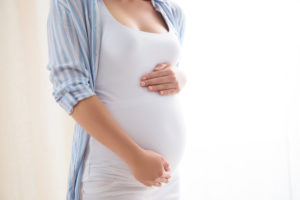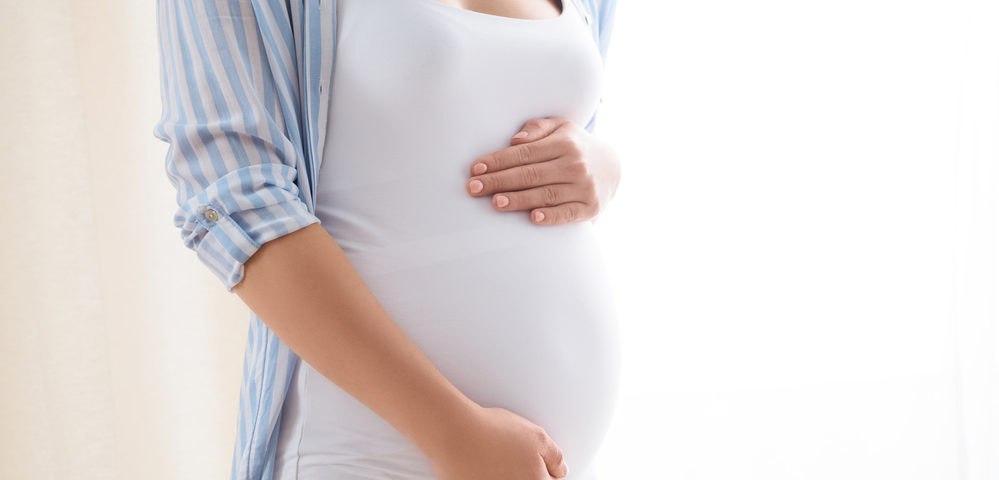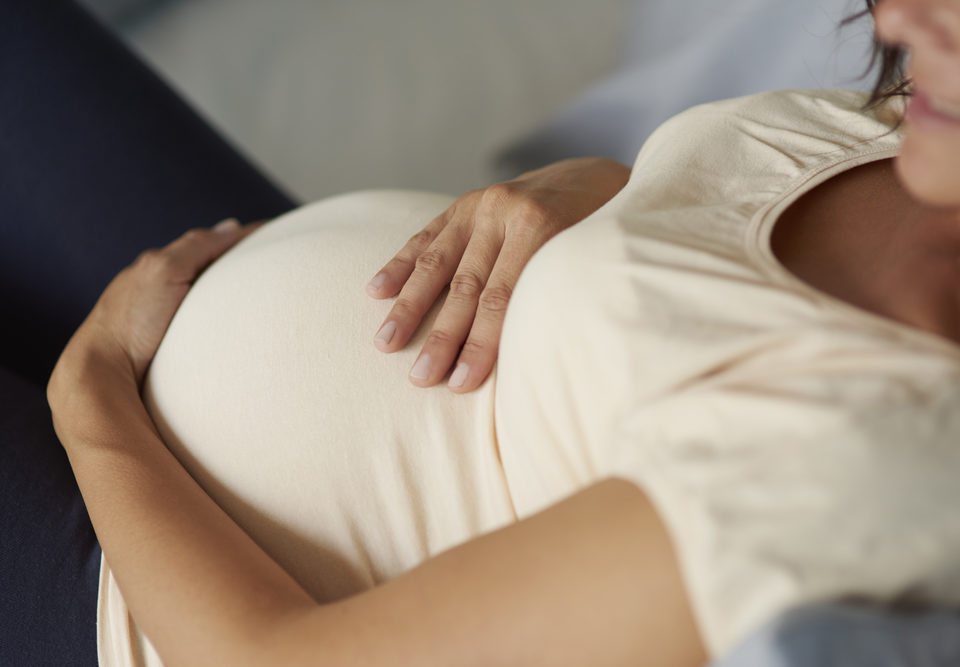
Three Rochester Physicians Used Their Sperm On Their Patients
March 5, 2022
A Donor-Conceived Person Protection Act is Being Proposed in New York
March 15, 2022New research has indicated that women who are unvaccinated and get COVID during pregnancy could be putting their unborn babies at risk. That’s because the virus has the potential to damage the placenta, and the fetus needs the nutrients and blood supply the placenta provides in order to grow and thrive in utero.

Dr. David Schwartz, a perinatal pathologist in Atlanta, stated that the placenta was “rendered unfit to carry out its duties.” He went on to say that this particular type of destruction hasn’t been seen in any other type of infectious illness. The fetuses and newborns that have been affected by this damage have all passed away from asphyxiation. In other words, lack of oxygen is what caused their deaths.
Stillbirths are a common outcome of placental damage. The recent study looked at 68 deaths across 12 countries, where the babies were either stillborn or passed away within a week of birth. All the mothers were unvaccinated, and it was specifically the placenta, and not the fetus, that the virus attacked and destroyed. The researchers are calling the issues with the placenta SARS-CoV-2 Placentitis.
In every one of the placentas examined, researchers found a build-up of fibrin, which is a protein that caused clots in the placenta’s vascular system. They also found unusual levels of inflammation in the placenta, along with significant cell death in the organ’s protective layer. Seventy-five percent of the placenta was damaged on average, with some cases showing up to 90% placental death.
COVID-related stillbirths can be prevented by getting vaccinated, which doctors recommend for every pregnant woman. For unvaccinated women who are pregnant and contract COVID, monitoring the fetus is important to catch any problems when they start. If it’s viable, the fetus may have to be delivered early to reduce the chances of stillbirth.
At The Surrogacy Law Center, we help intended parents and surrogates manage the legal aspects of surrogacy agreements and other aspects of assisted reproduction, helping protect the rights of parents and their children-to-be, as well as surrogates. To learn more, contact us today!




